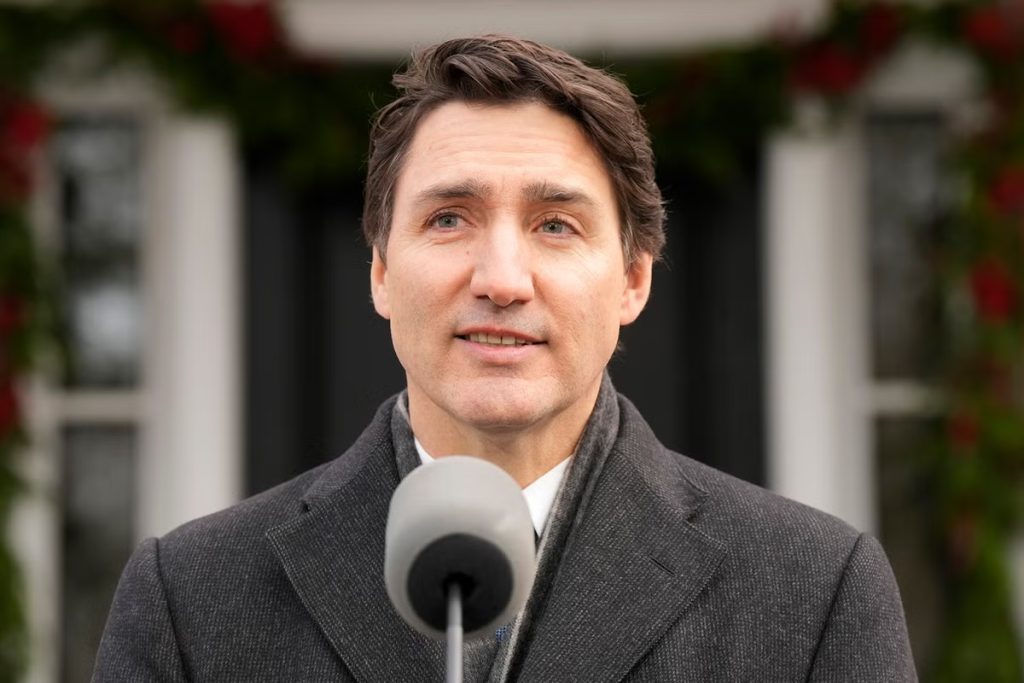Canada’s Prime Minister, Justin Trudeau, has announced his intention to resign after nine years as leader, citing personal reflection and a mounting set of challenges.
The 53-year-old Liberal leader shared his decision during a news conference in Ottawa on Monday, January 6, stating he will leave office once a new leader is chosen.
The resignation comes as Trudeau faces increasing political pressure, including plummeting opinion polls, internal party tensions, and external crises such as tariff threats from Donald Trump during his U.S. presidency.
Trudeau’s decision to step down is widely viewed as a strategic move ahead of a general election scheduled for later this year, which his Liberal Party is expected to lose to the opposition Conservative Party.
Trudeau announced that Canada’s parliament will be suspended until March 24 to allow for the selection of a new Liberal Party leader. While no successor has been named, the new leader will need to quickly rally the party ahead of the upcoming election, which must be held by October 20 but could be called earlier.
Trudeau, who has led the Liberal Party for 11 years, became a global figure during his time as Prime Minister, known for his progressive stances on climate change, immigration, and LGBTQ+ rights. However, his tenure was also marked by controversies, including ethics violations, cabinet resignations, and growing dissatisfaction among Canadians over economic challenges and governance.
Polls suggest that the Liberals are poised for a significant defeat to the opposition Conservative Party, led by Pierre Poilievre. Trudeau criticized Poilievre’s vision for Canada, saying, “It is not the right one for Canadians.”
Trudeau’s departure marks the end of an era in Canadian politics, leaving a legacy that will be debated for years to come.

